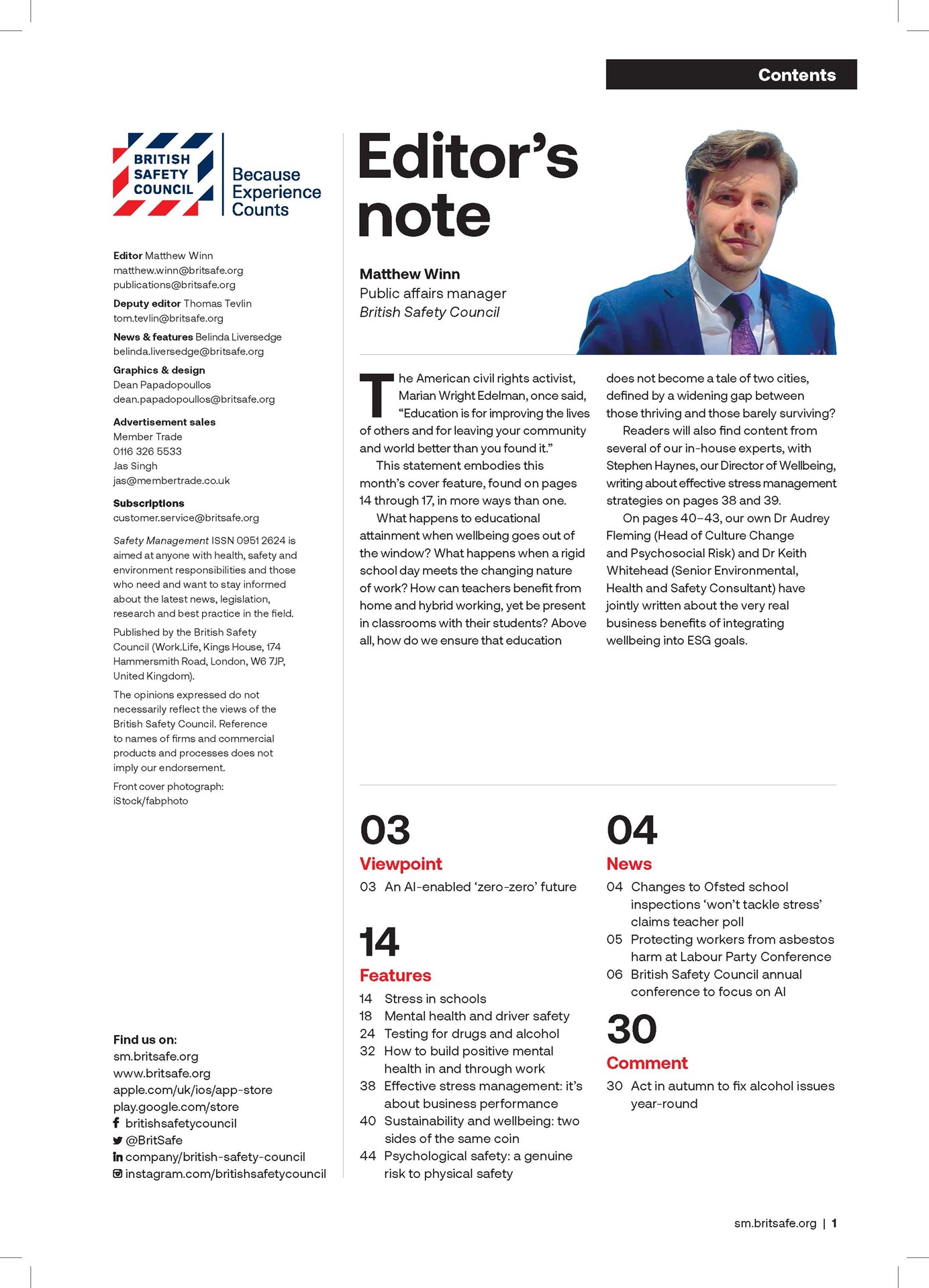More than a dozen Members of Parliament have backed a proposed amendment to the Employment Rights Bill, calling for the Government to take a closer look at how the UK could transition to a four-day working week without a reduction in pay.
News
MPs push for four-day week amendment to Employment Rights Bill
The amendment, tabled by Peter Dowd, Labour MP for Bootle, and signed by 13 other mostly Labour MPs, calls for the Government to establish a Working Time Council within six months of the Employment Rights Bill becoming an Act.
 Photograph: iStock/Adam Webb
Photograph: iStock/Adam Webb
The aim of the Council – the members of which should include representatives from trade unions, businesses, government departments and employment experts appointed by the Secretary of State for Business and Trade – would be to “provide advice and make recommendations on how a transition could be made from a five-day working week to a four-day working week, with no impact on pay”, according to the amendment.
In an opinion piece for LabourList outlining the amendment, Dowd wrote: “Recent research from around the world has consistently shown that a four-day week, with no loss of pay, would not only benefit workers but would also be a win-win for employers and the economy.”
He added: “It is widely recognised that well-rested workers are happier, healthier and more productive. As we move further into the 21st century, we need to ask ourselves: why are we still holding on to the outdated 9-5, five-day work schedule that was established over a century ago?”
As it stands, the Employment Rights Bill, which was laid before Parliament on 10 October, makes no specific mention of the four-day week. However, it does include a reform to make flexible working “the default”, with employees having the right from day one to request flexible working arrangements which could include a four-day week through compressed hours.
What Dowd’s amendment is calling for is an exploration of a “true four-day working week” that does not involve compressing five days of working time into four.
The 4 Day Week Campaign launched a second nationwide trial of a shorter working week in November. Its first pilot, in 2022, found that over a six-month period there was a 65 per cent reduction in the number of sick days taken by staff, while revenues of the companies that took part rose by an average of 1.4 per cent. Most of the businesses that were involved in the first trial have kept the four-day week in place, according to its organisers.
But not everybody believes a four-day week is the answer to productivity woes and employee wellbeing concerns. Speaking to Safety Management for this October feature on the pros and cons of the four-day week, Abigail Marks, professor of the future of work at Newcastle University Business School, said the focus should be on the number of hours worked each day, rather than the number of days worked per week.
“I think it’s really important that we look at working hours and working patterns, both in terms of flexibility because our lives are all very complex, but also in terms of overwork and wellbeing and health,” said Professor Marks. “I absolutely support the principles of the four-day week campaign on that basis, but I don’t think it gets to the core of the problem in the UK in terms of work.”
NEWS

Top jobs in safety in greatest demand right now, says recruiter
By Belinda Liversedge on 29 October 2025
Senior safety professionals who can influence culture, lead transformation, and align health and safety with wider business goals are in growing demand by employers, the recruiter Irwin & Colton have said.

HSE inspectors target Manchester construction sites as part of health drive
By Belinda Liversedge on 28 October 2025
HSE inspectors made a series of proactive inspections last week in Manchester city centre to tackle ill-health on construction sites.

Headline fines highlight common errors in reversing
By Belinda Liversedge on 24 October 2025
Reversing incidents have come into sharp focus in recent months, says HSE with two high profile fines totalling £3.5 million for the death of two workers.



